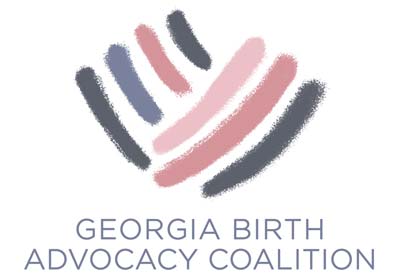9 Stunning Facts About Black Maternal Mortality
Black women are three to four times more likely to die from complications of pregnancy and childbirth than white women. In Georgia, the picture is even grimmer. We have the worst maternal mortality in the United States, and in the developed world. Worse still, 100 countries boast lower maternal mortality rates than Georgia. It doesn’t have to be this way. Maternal mortality is not inevitable. Many nations have managed to almost completely eliminate it, and states such as California have slashed maternal deaths with a few simple interventions. Meanwhile, women in Georgia—and especially black women—continue to die when there is no reason they have to. The research tells us that racism, not race, is the problem here. Here are alarming statistics you need to know about black maternal mortality in Georgia.
Black maternal mortality in Georgia is 66 per 100,000. This is significantly higher than the nationwide black maternal mortality rate of 47.2 per 100,000, and more than three times as high as the overall nationwide maternal mortality rate of 20.7 per 100,000.
Our maternal healthcare system ignores the voices of black women, and this can be fatal. Many stories of black maternal mortality feature women begging for help as doctors ignore them, or even laugh at them. Doctors frequently are unaware of their own bias. Even well-intentioned doctors can be accidentally racist. Research shows that training doctors on implicit bias can save pregnant people’s lives.
Racism is a common experience for black women in the maternal health system. Twenty-one percent of black women say they experienced racism when seeking treatment for pregnancy complications. A 2011 analysis found that doctors routinely ignored black women or offered them subpar treatment.
Exposure to racism and discrimination directly affects black women’s health. Black women have higher rates of stress-related diseases, including those that can cause negative birth outcomes. Black women are more likely to have preterm labor, and black babies are more likely to die before they reach their first birthday. A 2008 study found that racism is a major factor in these disparities.
Doctors and other care providers are more likely to call CPS on black families. Some hospitals threaten to call CPS when women do not consent to interventions they do not want. This phenomenon is much more prevalent among black families. This can deter black women from seeking care, expose them to stress and trauma, and lead to lasting suffering for their children.
Hospitals that serve predominantly black women offer lower quality care. This increases the risk of a woman suffering a catastrophic complication.
Black women are more likely to have gaps in insurance coverage. Only 87% of black women have health insurance. This can make it difficult for them to access quality care, and can mean that giving birth drives them into bankruptcy. Doctors are more likely to recommend costly interventions to black women. Black women have higher c-section rates (35.3%) than any other race, and medical need does not justify all of these c-sections.
Many doctors believe racist myths about black patients. One study found that half of medical residents think that black people feel less pain, or feel pain differently, than white people. When doctors believe racist myths, racist treatment becomes inevitable.
Many hospitals believe that black mothers can’t, won’t, or shouldn’t breastfeed. Hospitals give black babies formula nine times more frequently than white babies. Hospitals that serve black women are less likely to provide breastfeeding support or evidence-based breastfeeding care. Breastmilk can be life-saving for the most vulnerable infants, especially those born prematurely. Black babies are more likely to die and more likely to be born prematurely. Hospitals are denying them potentially life-saving care.

